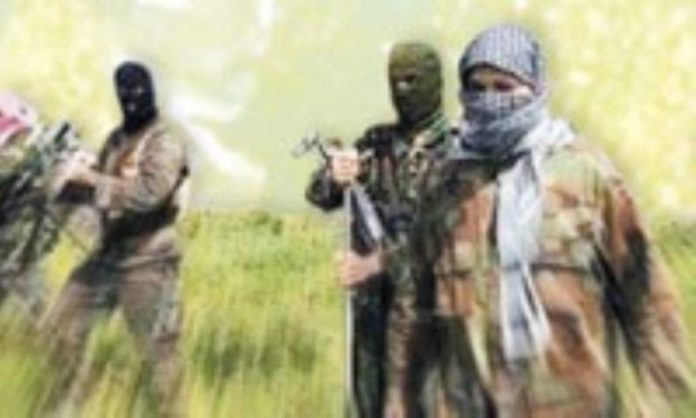The United Nations Security Council (UNSC) has expressed concern about the continued expansion of terrorist group activities, particularly al-Qaeda, in Afghanistan. The council’s findings indicate that al-Qaeda maintains an active presence in Afghanistan and has established training camps, religious schools, and weapon storage facilities in several provinces of the country.
The United Nations Security Council’s report reveals that, despite efforts by the Taliban to limit al-Qaeda’s activities in Afghanistan, al-Qaeda has preserved its ties with the group while attempting to keep these connections hidden.
According to the report published on Tuesday, January 30th, al-Qaeda has managed to maintain a “holding” position under the rule of the Taliban, leading to tensions between the Taliban and some al-Qaeda leaders due to the Taliban’s efforts to restrict the group’s activities in Afghanistan.
The United Nations Security Council had previously expressed concerns about the presence of terrorist groups and their activities in Afghanistan. The latest report from the council indicates that al-Qaeda lacks the operational capacity to organize large-scale attacks with its remaining members.
It is said that nearly ten former al-Qaeda members have historical and close ties with the Taliban and are involved in the creation of at least 8 new training camps in the provinces of Ghazni, Laghman, Parwan, and Uruzgan, in addition to the existing camps in Logar, Kandahar, Nangarhar, Nuristan, Paktia, Helmand, Herat, Farah, and Kabul.
This report exposes connections between the Taliban, al-Qaeda, and the Pakistani Taliban movement (TTP). In one instance, it is mentioned that Hakeem al-Masri, a recognized member of al-Qaeda, is responsible for training camps and suicide training in Kunar, which is clearly used to strengthen the Pakistani Taliban.
The report also highlights the relationship between the Pakistani Taliban and the Taliban, stating that the Tehrik-i-Taliban Pakistan (TTP) has previously assisted Taliban fighters, and some members of the group view their support to the Pakistani Taliban as a “religious duty.”
The United Nations Security Council also mentions several other terrorist groups active in Afghanistan, such as the “Jamiat Ansar al-Islam,” which receives support from al-Qaeda and is working to solidify its position, while others are actively regrouping.
As of now, the Taliban has not responded to the United Nations Security Council’s report, but senior officials of the Taliban have previously emphasized that Afghanistan’s soil will not be used against any country.









































